Indigenous Governance Database
U.S. Supreme Court
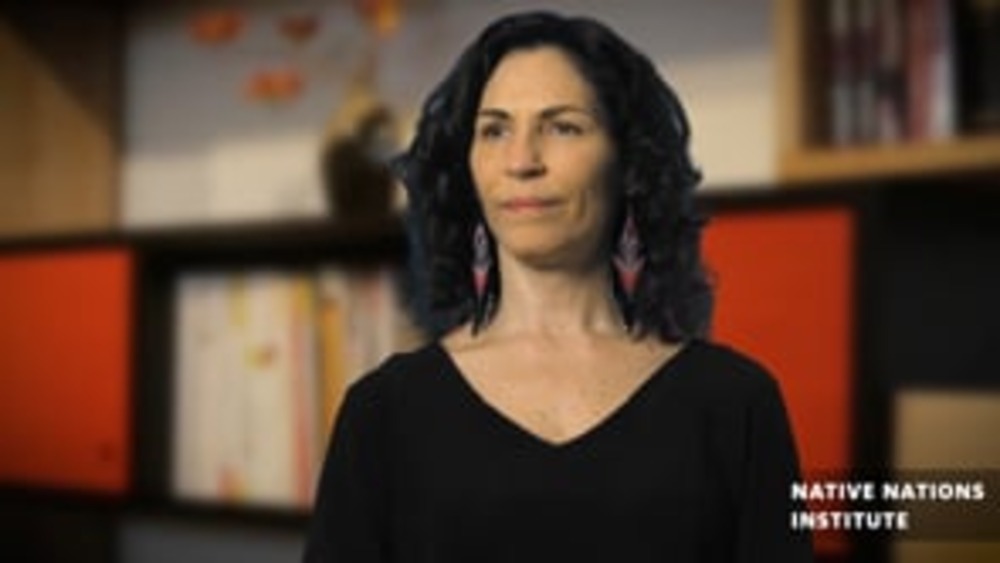
Shannon Keller O'Loughlin: Native Leadership and Lasting Commitment
Shannon Keller O'Loughlin, Choctaw Nation of Oklahoma, is an attorney and the Executive Director of the Association on American Indian Affairs. Shannon was also the former Chief of Staff, National Indian Gaming Commission, a member of President Obama’s NAGPRA Review Committee, and a Cultural…
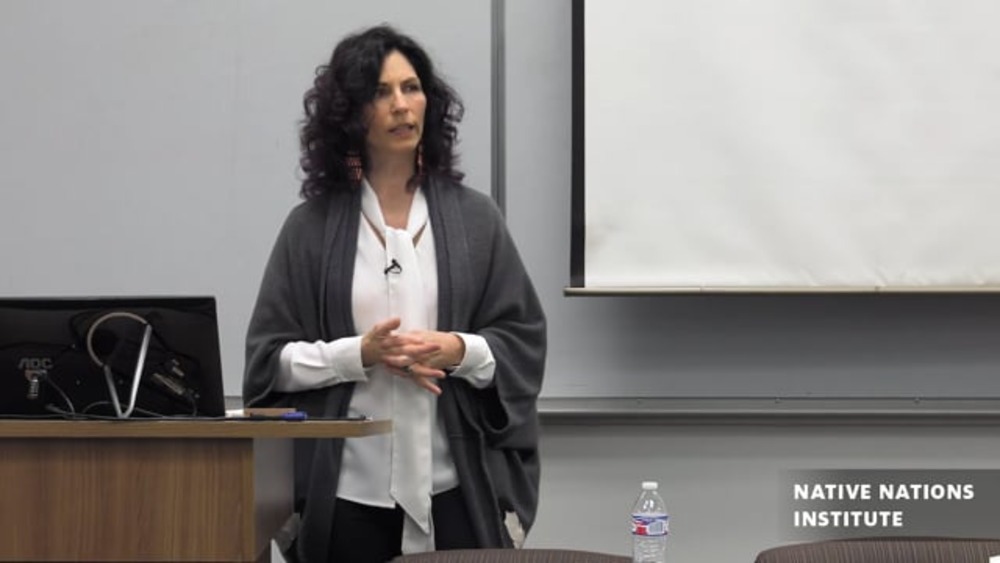
Shannon Keller O'Loughlin: Native Women in Governance
Shannon Keller O'Loughlin, Choctaw Nation of Oklahoma, is an attorney and the Executive Director of the Association on American Indian Affairs. Shannon was also the former Chief of Staff, National Indian Gaming Commission, a member of President Obama’s NAGPRA Review Committee, and a Cultural…
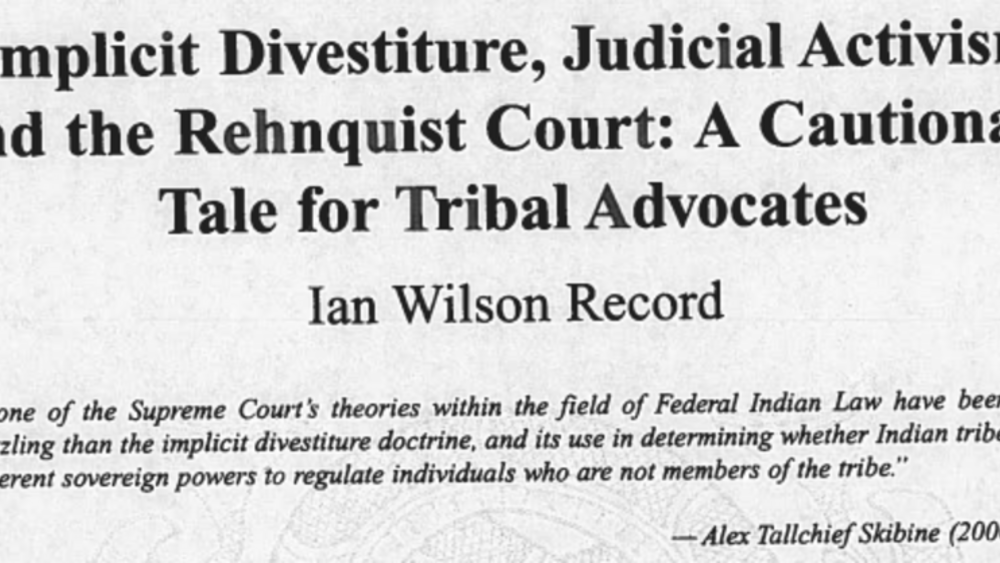
Implicit Divestiture, Judicial Activism and the Rehnquist Court: A Cautionary Tale for Tribal Advocates
Many tribal advocates have likened the legal corpus known as Federal Indian Law to a pendulum that swings back and forth under the forceful hand of the United States government and its political inclinations at any given moment. While this swinging pendulum has brought great uncertainity and…
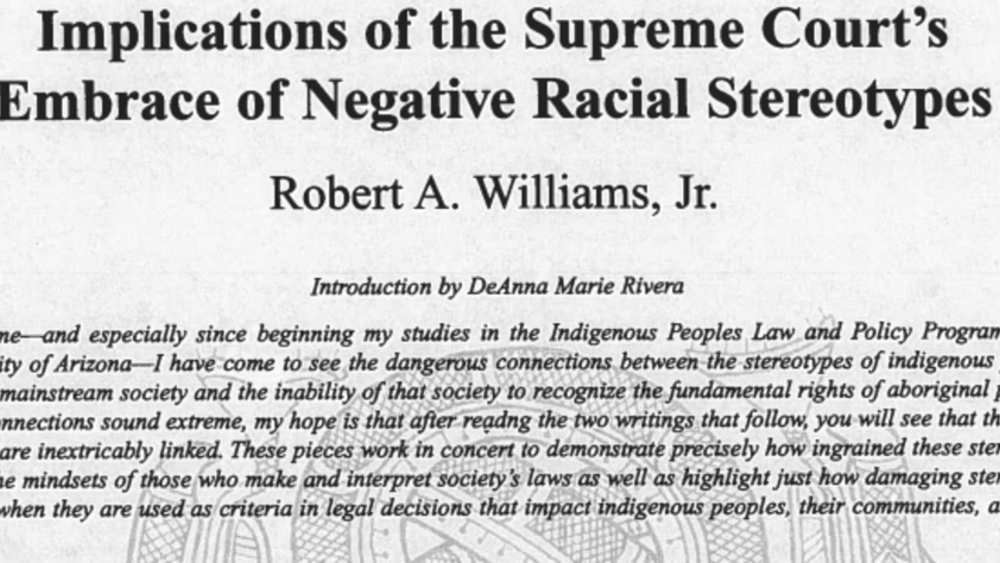
Implications of the Supreme Court's Embrace of Negative Stereotypes
The issues surrounding Native stereotypes should not be dismissed or diminished as merely "surface" problems. "Indian" stereotypes go to the core of the legal, political and economic struggles that Indigenous peoples confront in their work to preserve and strengthen their respective cultures and…
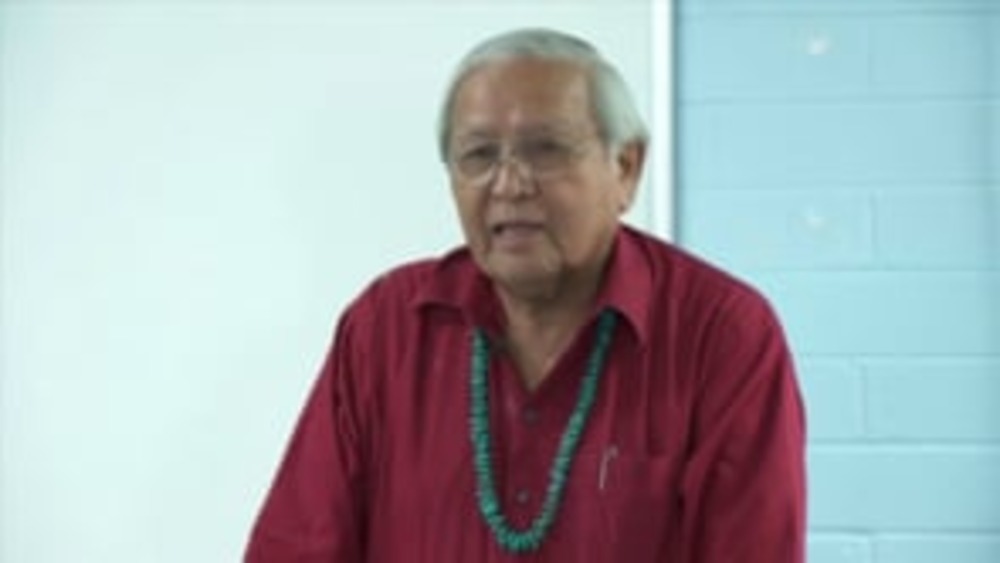
Peterson Zah: Native Nation Building: The Place of Education
Dr. Peterson Zah, former Chairman and President of the Navajo Nation, discusses the importance of higher education in empowering Native nations' efforts to achieve their nation-building goals. He also discusses the Navajo Nation Permanent Trust Fund as an example of the strategic orientation that…
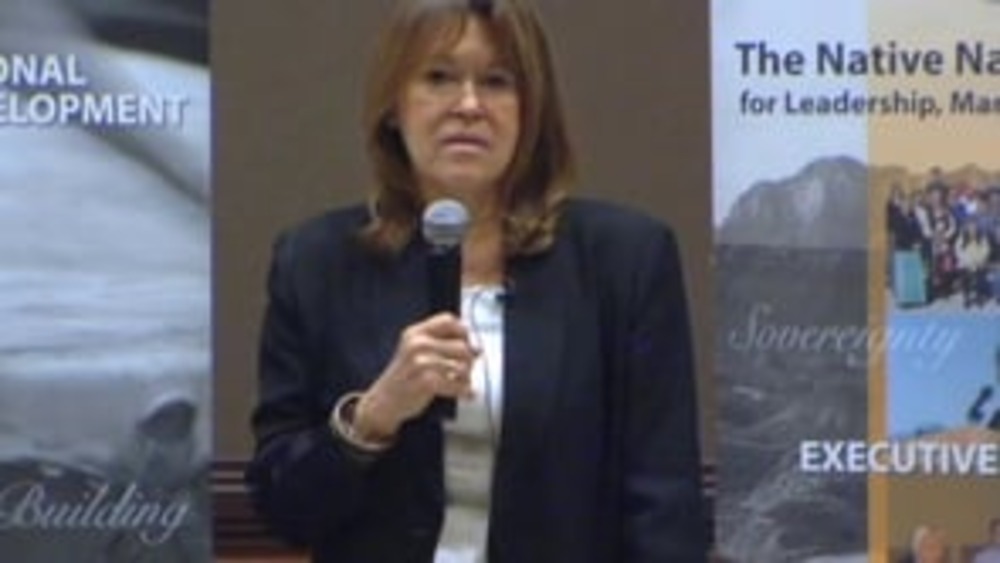
Patricia Zell: Addressing Tough Governance Issues
Former U.S. Senate Committee on Indian Affairs Democratic Staff Director and Chief Counsel Patricia Zell share some effective strategies for educating and lobbying members of the U.S. Congress, based on her many years of experience working for the U.S. Senate on Committee on Indian Affairs.
Honoring Nations: Joseph Singer: Sovereignty Today
Harvard Professor Joseph Singer makes a compelling case that Native nations' best defense of sovereignty is their effective exercise of it, and stresses the importance of educating the general public -- particularly young people -- about what tribal sovereignty is and means.
Honoring Nations: Floyd "Buck" Jourdain: Sovereignty Today
Red Lake Band of Chippewa Former Chairman Floyd "Buck" Jourdain defines sovereignty as the aggressive and proactive exercise of a nation's sovereign powers, and illustrates how his nation takes this approach in advancing its own priorities and dealing with other sovereign governments.

Will the Supreme Court Use Bay Mills Case to Blow Up Tribal Sovereignty?
As regular visitors to this site and other Indian country media outlets no doubt have seen in recent weeks, Native nation leaders, tribal attorneys, and federal Indian law practitioners alike are gravely concerned about a case currently pending before the Supreme Court: State of Michigan v. Bay…

How Tribes Can Prepare for Tribal Sovereignty Blow From Supreme Court
In the first part of this two-part series, we provided a short history of the upcoming U.S. Supreme Court case State of Michigan v. Bay Mills Indian Community, discussed its relevance to the sustainability of the legal doctrine of tribal sovereign immunity, and detailed two potential outcomes of…

The Bay Mills Buck Stops With NIGC
With a case of potentially catastrophic consequence for Indian country now pending before the U.S. Supreme Court, all of the players who can possibly prevent the disaster are either sitting on their hands or pointing fingers. The National Indian Gaming Commission has failed to act, citing a…

How to Protect Tribal Lands From Our Deadliest Enemies
In 2001, the U.S. Supreme Court dealt a severe below to Indian sovereignty when it decided Nevada v. Hicks, suggesting to states and counties that when their cops are investigating off-reservation crimes, they need not obtain tribal court warrants to conduct searches or arrests on tribal land. The…
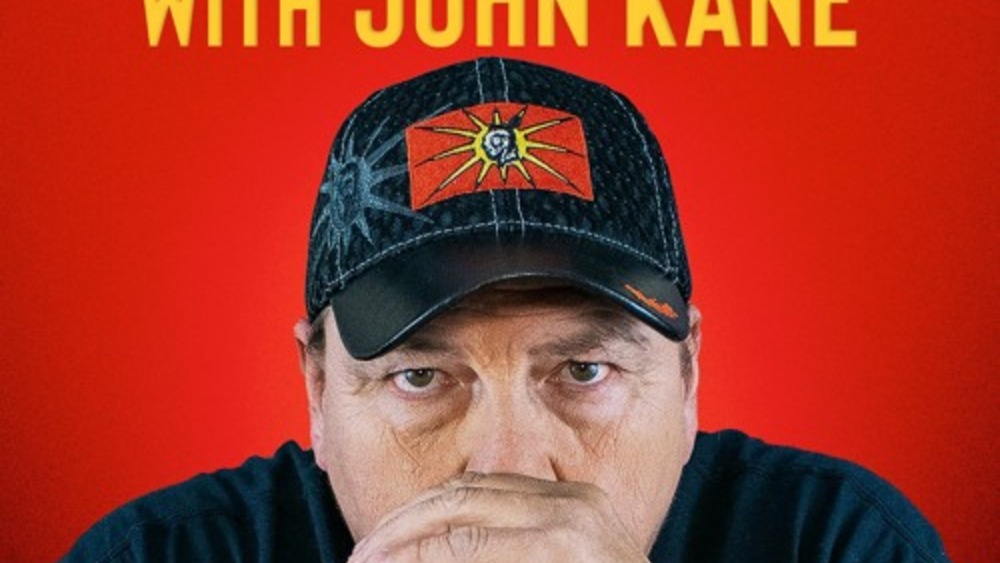
The Legacy of the Doctrine of Discovery
Let's Talk Native Radio program host John Kane discusses the implications of asserting the Doctrine of Discovery on Native lands and the role that treaties play in recognizing and affirming the inherent sovereignty of Native nations.
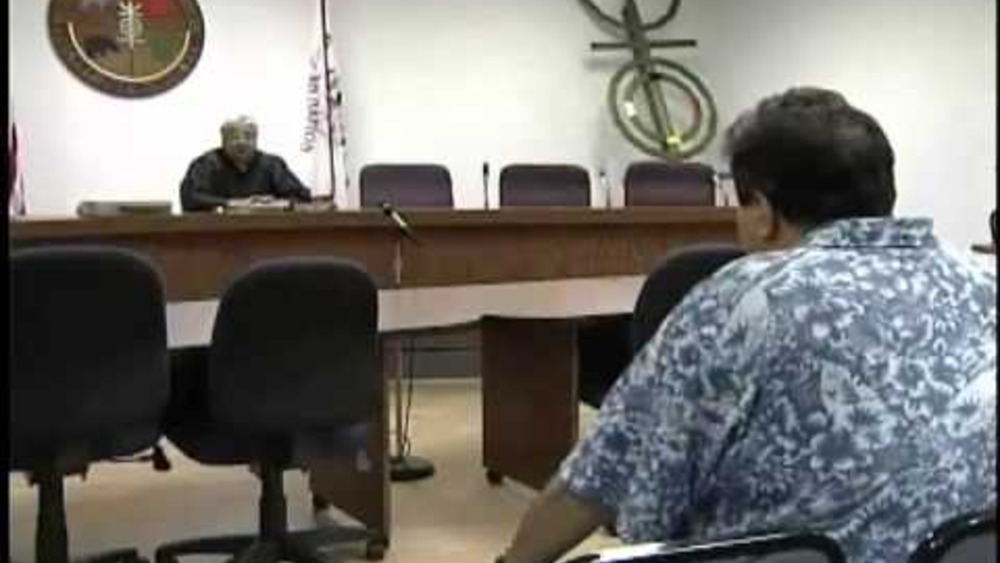
Tribal Nations - The Story of Federal Indian Law
"Tribal Nations - The Story of Federal Indian Law" and discusses how the U.S. Supreme Court has handled Indian sovereignty over the past 50 years.
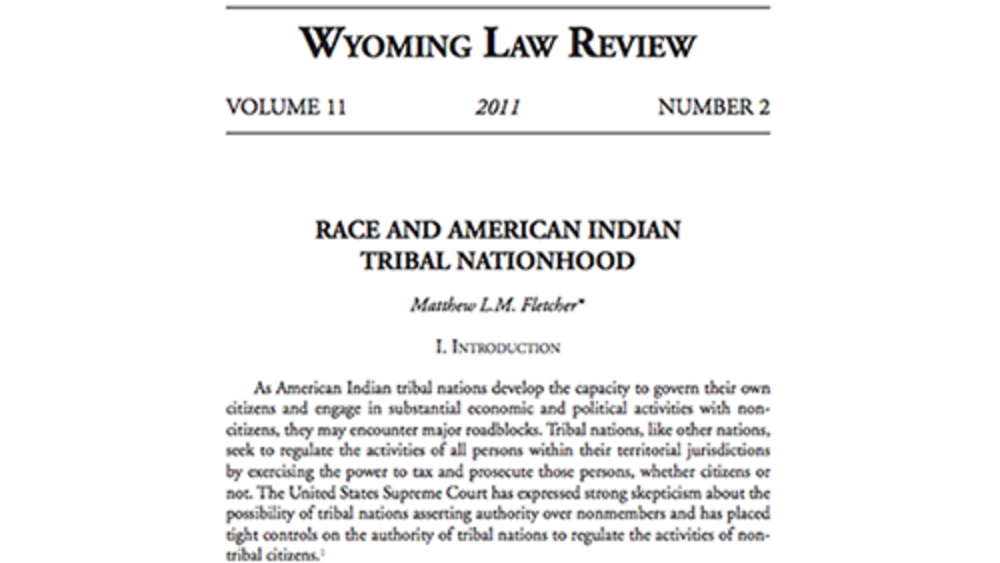
Race and American Indian Tribal Nationhood
This article bridges the gap between the perception and reality of American Indian tribal nation citizenship. The United States and federal Indian law encouraged, and in many instances mandated, Indian nations to adopt race-based tribal citizenship criteria. Even in the rare circumstance where an…
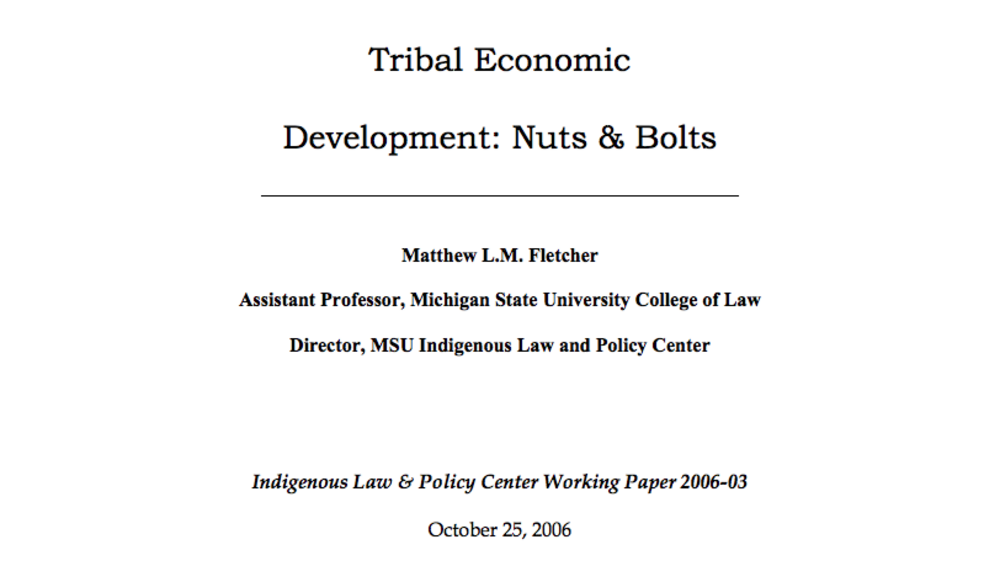
Tribal Economic Development: Nuts & Bolts
Tribal economic development is a product of the need for Indian tribes to generate revenue in order to pay for the provision of governmental services. Unlike the federal government or states, Indian tribes – in general – have no viable tax base from which to generate revenues sufficient to…
